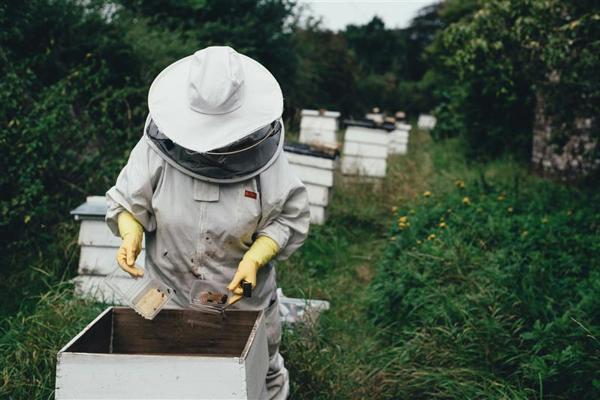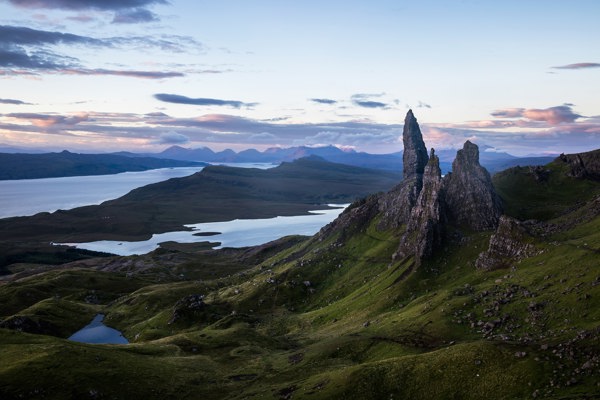This was instigated by the publication of a report by Scottish Natural Heritage - now NatureScot - titled "Analyses of the fates of satellite tracked golden eagles in Scotland" (Whitfield & Fielding, 2017). This report recorded that as many as 41 out of 131 young golden eagles had disappeared in suspicious circumstances over the period 2004-16, many in locations on or adjacent to grouse moors.
It is almost a year since the Grouse Moor Management Group, chaired by Professor Alan Werritty, published their report advising the Scottish Government on the environmental impact of grouse moor management practices and advised on the option of licensing grouse shooting businesses.
The Group were invited to make recommendations with a view to "reduce the illegal killing of raptors but at the same time to give due regard to the socio-economic contribution that grouse shooting makes to Scotland’s rural economy". It's not an understatement to say that this was a mountain to climb. As Professor Werritty himself states "Both topics have proved complex and problematic".
The topic is, understandably, an emotive one. Images of dead raptors on the news are distressing and worrying, given that the actual scale of illegal killings is unknown. Additionally, the socio-economic contribution which grouse shooting brings to the Scottish economy is high but, frankly, very difficult to properly quantify.
The Group recommended several proposals for more sustainable land management practices to underpin the shooting of grouse (Muirburn, managing mountain hares and the use of medicated grit). It was suggested that enhanced or new regulation was required. It was the main recommendation of the Group which was the most contentious, the licensing of grouse shooting.
On 26 November, the Scottish Government confirmed what measures were being proposed in light of the Group's report:
- Muirburn will be permitted only under licence from NatureScot, regardless of the time of year when it is undertaken, and there will be a statutory ban on burning on peatland except under licence for strictly limited purposes such as habitat restoration. The definition of what constitutes "peatland" will also be revisited.
- The Government will work with stakeholders to produce guidance on best management practices for the use of medicated grit. An expert group will also be convened to study how best to monitor compliance with the code of practice.
- From the end of February 2021, wild mountain hares will be granted full protected species status.
- A licence will be required to operate a driven grouse moor business and that, if there is strong evidence of unlawful activity or serious breaches of codes of practice by that business, its licence could be withdrawn.
The details of the foregoing will be fleshed out in future consultations.
In announcing the measures, Mairi Gougeon stated that: "The changes that I have announced strike what I believe to be the right balance. They are not designed to bring an end to grouse shooting. Indeed, those businesses that comply with the law should have no problems at all with licensing. Crucially, however, where there is clear evidence that that is not happening, where agreed standards are not being adhered to or where there is evidence of illegal raptor persecution, there will be a range of effective and transparent mechanisms in place to allow us to address such behaviour."
Balance. It is a difficult thing to achieve even more so in terms of regulation of such an emotive issue. Time will tell whether what has been proposed here will achieve it.


